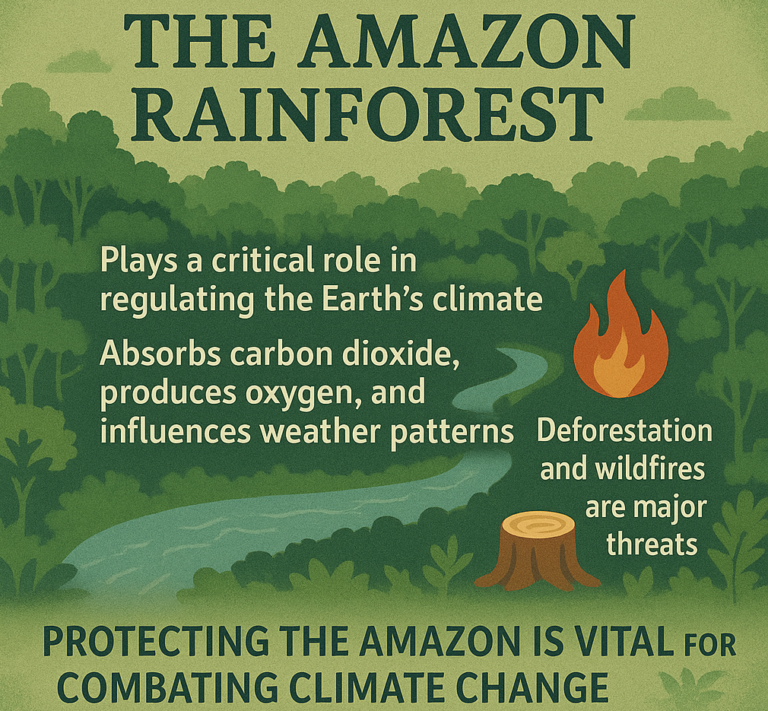Important Inventions and Discoveries: A Journey Through Innovation
Throughout history, human progress has been driven by groundbreaking inventions and discoveries. These innovations have changed the way we live, work, and understand the world around us. Let’s take a detailed look at some of the most important inventions and discoveries that have shaped modern civilization.

1. The Wheel (c. 3500 BC)
- Invention: The wheel is one of the most important inventions in human history. Initially used for pottery, it later became essential for transportation.
- Impact: It revolutionized travel and trade, enabling easier movement of goods and people. Over time, the wheel has evolved, leading to the development of machines, vehicles, and modern technologies.
2. The Printing Press (1440)
- Inventor: Johannes Gutenberg, a German inventor.
- Invention: The printing press allowed for the mass production of books and written materials using movable type.
- Impact: This invention democratized knowledge, making books and information widely available, and contributed to the spread of ideas during the Renaissance, Reformation, and Scientific Revolution. It was instrumental in the development of modern education, journalism, and communication.
3. The Steam Engine (1698)
- Inventor: Thomas Newcomen (improved by James Watt in 1765).
- Invention: The steam engine was a machine that converted steam power into mechanical energy.
- Impact: It was pivotal during the Industrial Revolution. The steam engine powered factories, trains, and ships, leading to rapid industrialization, urbanization, and changes in global economies and societies. It laid the foundation for modern transportation and manufacturing.
4. The Electric Light Bulb (1879)
- Inventor: Thomas Edison.
- Invention: The electric light bulb uses electricity to produce light, replacing gas lamps and candles.
- Impact: It transformed daily life by providing a safer and more efficient way to light homes, streets, and workplaces. It extended productive hours beyond daylight and revolutionized industries like entertainment, communication, and retail.
5. The Telephone (1876)
- Inventor: Alexander Graham Bell.
- Invention: The telephone allowed for voice communication over long distances using electrical signals.
- Impact: The telephone revolutionized communication, making it faster and more efficient. It connected people across countries and continents, transforming business, social interaction, and even diplomacy.
6. The Airplane (1903)
- Inventors: Wright brothers, Orville and Wilbur Wright.
- Invention: The airplane is a vehicle designed for air travel, powered by engines.
- Impact: Airplanes drastically reduced travel times across long distances, changing global trade, tourism, and military strategies. The ability to fly also opened up new possibilities in exploration and communication.
7. Penicillin (1928)
- Discoverer: Alexander Fleming.
- Discovery: Penicillin is a groundbreaking antibiotic that was discovered accidentally when a mold (Penicillium) killed bacteria.
- Impact: This discovery led to the development of antibiotics, which have saved millions of lives from infections that were once fatal. It revolutionized medicine and is considered one of the most important medical discoveries in history.
8. The Theory of Relativity (1905 & 1915)
- Scientist: Albert Einstein.
- Discovery: The theory of relativity includes the famous E=mc² equation and describes how space and time are linked and affected by gravity.
- Impact: Einstein’s theory reshaped our understanding of space, time, and energy. It had profound implications for the development of modern physics and technologies like GPS, which relies on relativistic corrections to function accurately.
9. The Internet (1960s-1990s)
- Developers: Initially developed by the U.S. Department of Defense as ARPANET, with contributions from various scientists including Vint Cerf and Robert Kahn.
- Invention: The internet is a global network that connects computers and devices, allowing for the exchange of information, communication, and access to knowledge.
- Impact: The internet has transformed the way we communicate, access information, conduct business, and even entertain ourselves. It is the backbone of the digital age and has revolutionized education, social interaction, e-commerce, and global connectivity.
10. DNA Structure and Genetics (1953)
- Discoverers: James Watson, Francis Crick, Maurice Wilkins, and Rosalind Franklin.
- Discovery: The double-helix structure of DNA (Deoxyribonucleic Acid) is the molecule that carries genetic information in living organisms.
- Impact: The discovery of DNA’s structure led to the field of genetics, allowing scientists to better understand heredity, evolution, and disease. It has paved the way for groundbreaking developments in medicine, such as genetic engineering, cloning, and gene therapy.
11. The Computer (1940s-Present)
- Developers: Many scientists, including Alan Turing, John von Neumann, and Charles Babbage (who conceptualized the first mechanical computer).
- Invention: The computer is a machine designed to process and store data.
- Impact: Computers have revolutionized every field, from business and medicine to entertainment and education. The personal computer, the internet, and software have all transformed modern society and sparked the Information Age, making computing accessible to billions of people worldwide.
12. The Vaccination (1796)
- Inventor: Edward Jenner.
- Invention: The first vaccine was developed to protect against smallpox.
- Impact: Vaccination has become one of the most effective public health measures ever. It has helped eradicate or control deadly diseases like smallpox, polio, and measles, saving millions of lives and improving global health.
13. The Automobile (1885)
- Inventor: Karl Benz (often credited with creating the first modern automobile).
- Invention: The automobile is a self-powered vehicle designed for road transport.
- Impact: The automobile revolutionized transportation, allowing people to travel long distances quickly. It transformed cities, economies, and personal mobility, and is a key driver of modern industries like manufacturing, tourism, and logistics.
14. Nuclear Fission (1938)
- Discoverers: Otto Hahn, Fritz Strassmann, and Lise Meitner.
- Discovery: Nuclear fission is the process by which the nucleus of an atom is split into smaller parts, releasing a large amount of energy.
- Impact: This discovery led to the development of nuclear power plants, which provide a significant portion of the world’s energy, and the creation of nuclear weapons, which have had profound effects on global politics and warfare.
15. The Telescope (1609)
- Inventor: Galileo Galilei (improved upon earlier designs).
- Invention: The telescope is an optical instrument that magnifies distant objects, especially in space.
- Impact: The telescope opened the universe to humanity, enabling astronomers to make groundbreaking discoveries about planets, stars, and galaxies. It changed our understanding of our place in the cosmos and laid the groundwork for modern space exploration.
Summary
Inventions and discoveries have driven human progress throughout history. From the wheel and the printing press to the telephone and the internet, each breakthrough has had a profound impact on society, changing the way we live and work. Innovations in fields like medicine, physics, astronomy, and technology continue to shape our future, improving the quality of life and opening up new possibilities for generations to come.
These discoveries and inventions show how curiosity, ingenuity, and collaboration can transform the world and improve the human experience.











